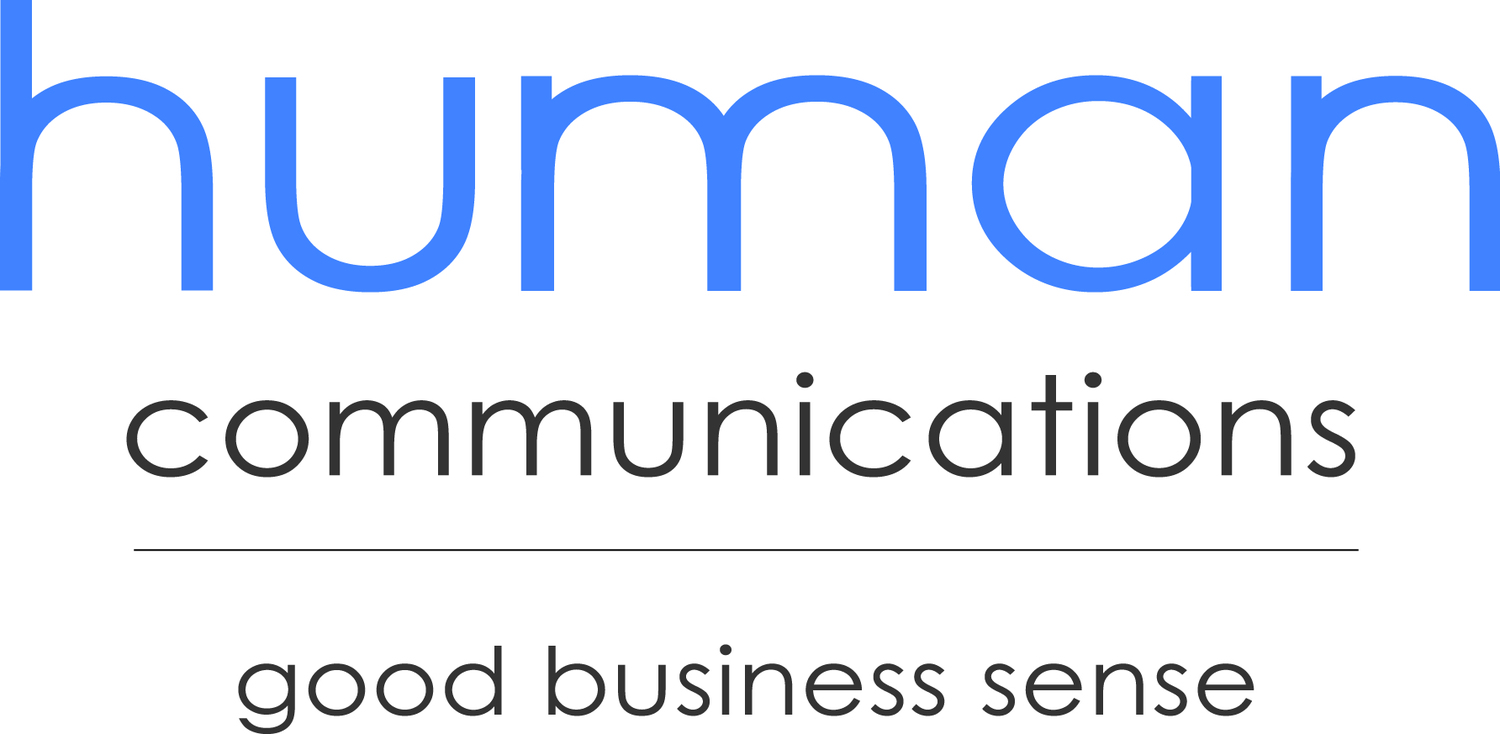How editing can help your business look more professional
Writing important documents or content for your business, such as white papers, website copy and blog posts, is essential when you’re marketing to your target audience. High-quality content can help you to attract prospective clients and convert them into paying customers.
However, it’s crucial to present your content in a professional manner, or you may lose your audience’s attention. If you want to look more professional, be sure to make editing a regular part of your writing and content-production process.
Here are just some of the things careful editing can do for you:
1. Help your business stand out
However long you’ve spent on creating high-quality content, it’s critical to build in time for editing if you want to look truly professional. Whether you’re drafting blog posts, white papers, case studies or website copy, your marketing materials will benefit from the extra rigour that the editing process brings.
Tightening your language will also help your business to stand out – whether you want to position your company as a trusted authority or simply attract new customers.
2. Spot embarrassing mistakes (and save money)
From typos to misused words, grammar, punctuation and spelling issues can undermine the message you’re trying to convey. You’ll also risk appearing unprofessional if you share reports, briefings and marketing materials that are riddled with these types of errors.
It’s easy for business documents to miss the mark when they’re not properly edited. For instance, a study by a job ads search engine found that 73 per cent of the 20,000 British CVs it analysed contained spelling errors – not the ideal first impression when applying for a new position!
Other common misspellings and grammar mistakes can have a similar effect, whether you’re writing to colleagues, customers or investors.
Such errors can even turn into costly disputes. In one renowned case, an extra comma in a contract led to a million-dollar loss for a cable company, after the other firm involved claimed the language used allowed it to cancel the agreement early.
Get our latest blog posts and news direct to your inbox
3. Give you a second (or third) opinion
It’s hard to edit your own work. So an extra pair of eyes is always useful when you need help deciding what to remove and what to keep. While you might be tempted to leave your original draft intact, an expert editor will be able to improve your text by putting your reader first.
Even if your document has been reviewed or edited by a colleague, using an outside editor will provide an independent perspective on the text. It can also help to ensure your language is consistent throughout – important when more than one person has been working on a document.
4. Help to develop your brand’s voice
If you don’t already have one, your business should establish a brand voice to ensure you send out a consistent message across your documents and marketing materials. However, such a voice is unlikely to develop overnight.
By working with an external editor, you can begin to capture that voice. It helps you to develop a uniform business writing style for your teams to use and build a handy style guide that your employees can refer to when they have business writing questions.
Consistency is crucial when it comes to the services you provide for your customers. By ensuring your business writing is also consistent, you can help to shape customers’ expectations of your company and highlight your professionalism.
Final thoughts
Of course, not every editing project will win you new customers, save your company money or immediately position you as a trusted source of industry expertise.
But if you share professional, easy-to-read materials that help you gain just one new customer, your editing investment will have paid for itself.
Interested in making your business look more professional? Find out how easy it is to get started with our editing and proofreading services.

